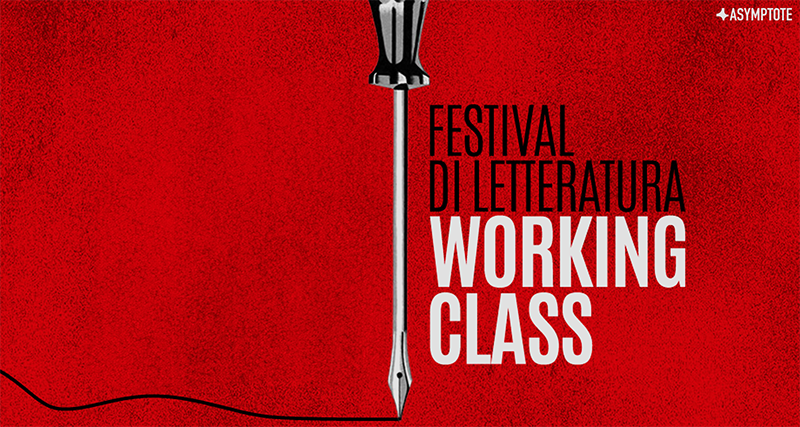The Working Class Literature Festival, now in its third year, is looking towards the future: one of continual resistance against capitalist oppressions, global cycles of exploitation, and the exclusivity of cultural capital. With the themes of the first two editions being Genealogies and Geographies, the varied and passionate programme of 2025 is focused on Perspectives—corralled by a defiant and buoyant slogan at its center: “We will be everything.” This year, Veronica Gisondi reports from the Festival in Florence, the persistence at its core, and the contemporary context by which writers must address our classist social reality.
A spectre is haunting a factory on the outskirts of Florence. It is the spectre of class struggle, of community, of collective care: the life force with which Campi Bisenzio’s ex-GKN factory has been brimming since the mass dismissal of its workers in 2021. Home to the longest factory occupation in Italian history, the automotive components plant has been lending its premises to the Working Class Literature Festival since 2023. With more than seven thousand people attending this year’s festival, held from April 4 to 6, the popularity of Europe’s largest working-class cultural event can be read as a symptom of our time, where a widespread sentiment of distrust and frustration toward Italy’s famously conservative literary industry meets a shared need to carve out a space to reclaim, discuss, and problematize the power of working-class writing—a writing whose words are never given, but fought for—and a strong desire for unity and change.
The three-day initiative brought together blue-collar workers, trade unionists, writers, researchers, and a diverse range of publishing industry professionals to celebrate the power of class struggle, in the factory as much as on paper. Rather than being industry-backed, state-funded, or sponsored by banks (as is usually the case for major Italian literary events), the Working Class Literature Festival is independently subsidized. Thanks to the joint efforts of Collettivo di Fabbrica GKN, SOMS Insorgiamo, Edizioni Alegre, and Arci Firenze, in collaboration with Rosa Luxemburg Stiftung, the factory was transformed from a self-contained, closed-off world into a porous space for concrete action—a space, as artistic director Alberto Prunetti said in his opening speech, “for poetry,” that is, poiesis: a process of emergence through which “things are made” and “new imaginaries” can be built. “It is our duty,” he added, “to create a future where factory work and literature can once again converge.” Inspired by the impact of the GKN workers’ ongoing struggle, the festival aims to break the boundaries of individualism and subjectivation to encourage collective forms of debate and active dissent that concern work, culture, and the publishing industry alike. As Prunetti wrote on Jacobin Italia, “one of the festival’s features is that it crosses literature and politics, and makes literature a political act.” READ MORE…

